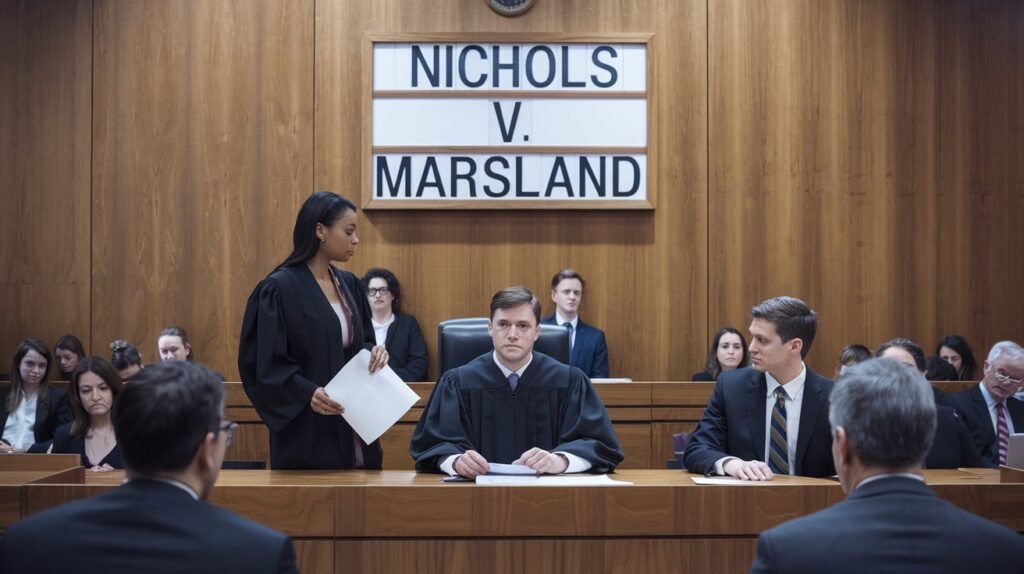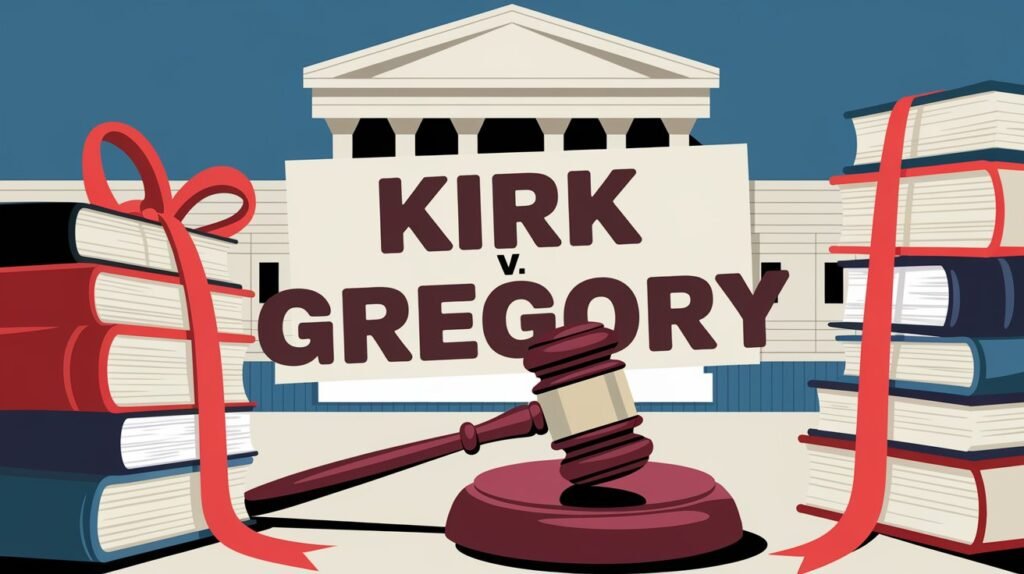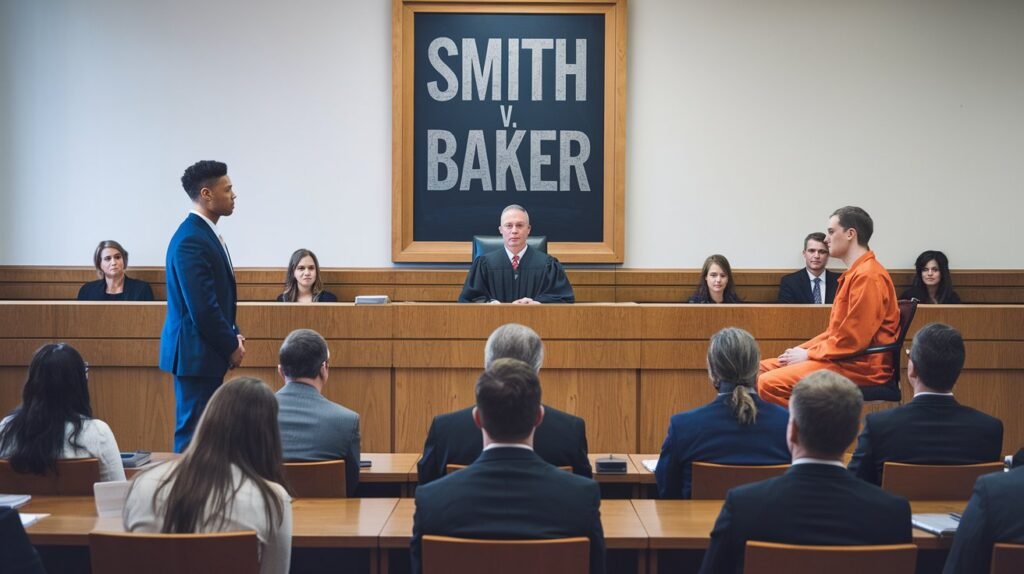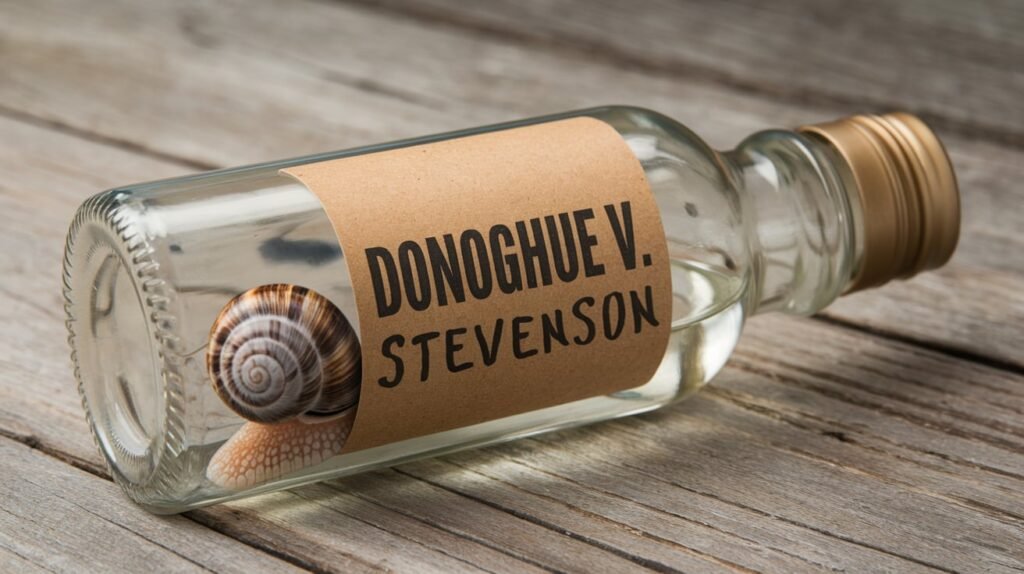Rylands V. Fletcher 1868(Case Summary)

In this landmark case, the House of Lords laid down the rule of strict liability, holding that a person who brings something onto their land that is likely to cause harm if it escapes is liable for any resulting damage, irrespective of negligence. This landmark case laid the foundation for the rule of strict liability in English tort law.
Table of Contents
ToggleFacts of Rylands v Fletcher
- The defendant, Fletcher, hired contractors to construct a reservoir on his land.
- During construction, the contractors failed to properly seal disused mine shafts under the reservoir.
- When the reservoir was filled, water escaped through the shafts and flooded the plaintiff Rylands’ coal mine, causing significant damage.
- Rylands sued Fletcher for the damages, asserting liability despite no negligence on Fletcher’s part.
Issues framed
- Whether a person is liable for the escape of dangerous substances from their property, even in the absence of negligence?
- Whether the creation of a potentially hazardous condition impose strict liability for resultant harm?
Subordinate Court Judgment
The lower court initially found in favor of Fletcher, holding that he was not negligent as the escape was unintentional and unforeseen.
Judgment of Rylands v Fletcher
The principle of strict liability was established in this case.A person who brings something onto their land for their own purposes is strictly liable for the damage caused if it escapes and causes harm. The liability applies to non-natural uses of land, where the activity poses an unusual risk to others.
The House of Lords reversed the lower court’s ruling, holding Fletcher strictly liable. The court emphasized that bringing a non-natural use of land (e.g., the reservoir) inherently imposed responsibility for any harm caused by its escape. The rule in Rylands v. Fletcher was defined: “If a person brings something onto their land that is likely to do harm if it escapes, they must keep it at their peril, and they are liable for all damages caused by its escape.”
The court ruled in favor of Rylands, awarding damages for the loss caused by the escape of water. Lord Cairns stated, “The defendant is liable for the escape of substances likely to do mischief, irrespective of negligence.”





